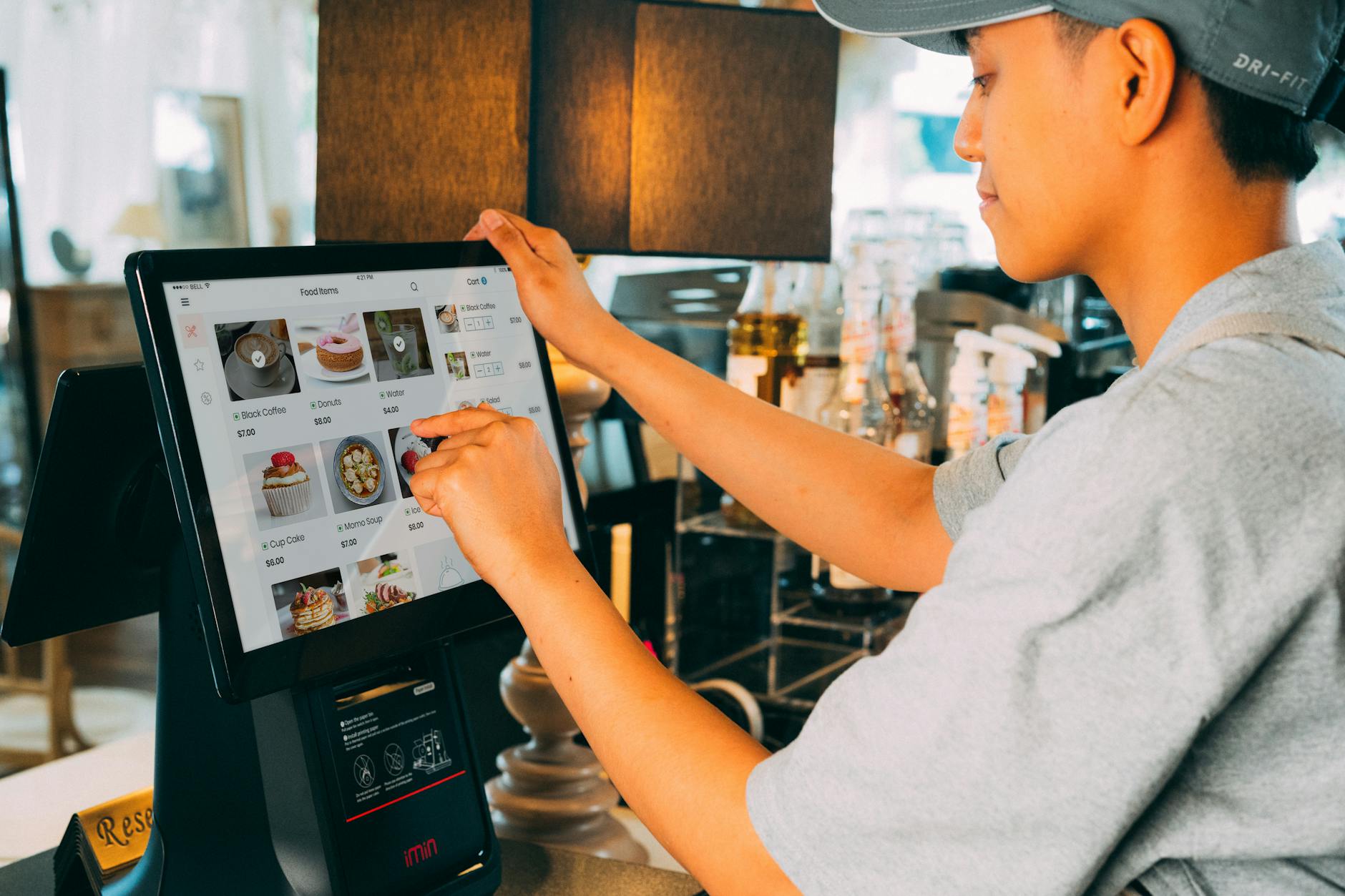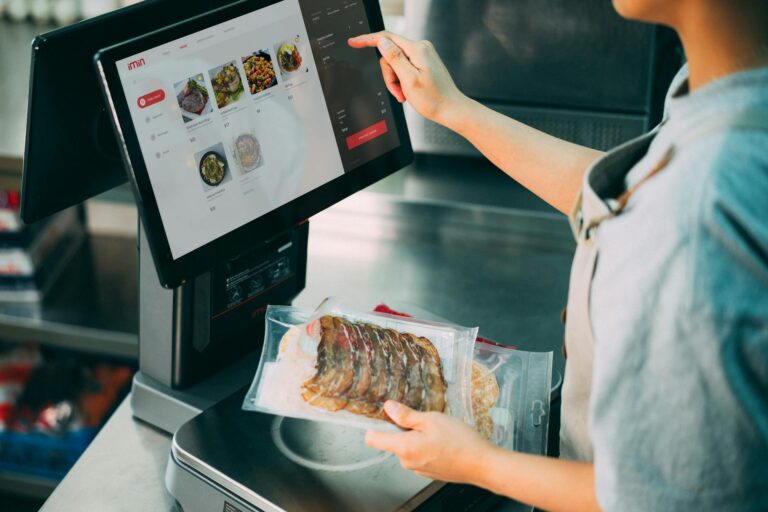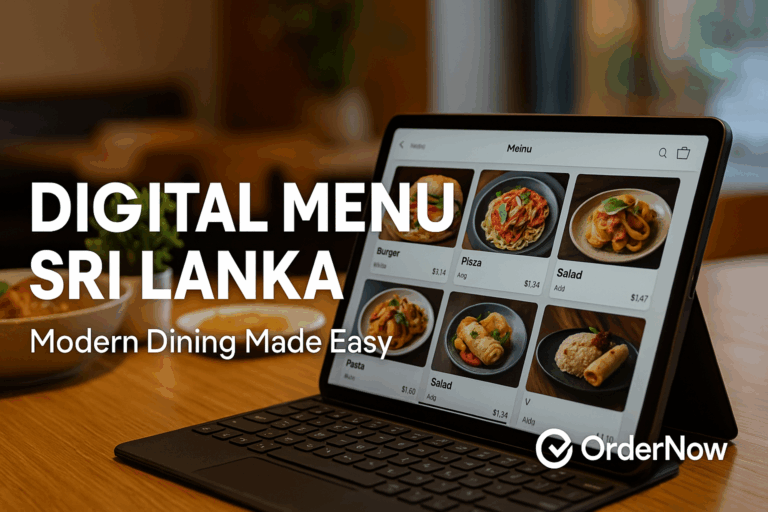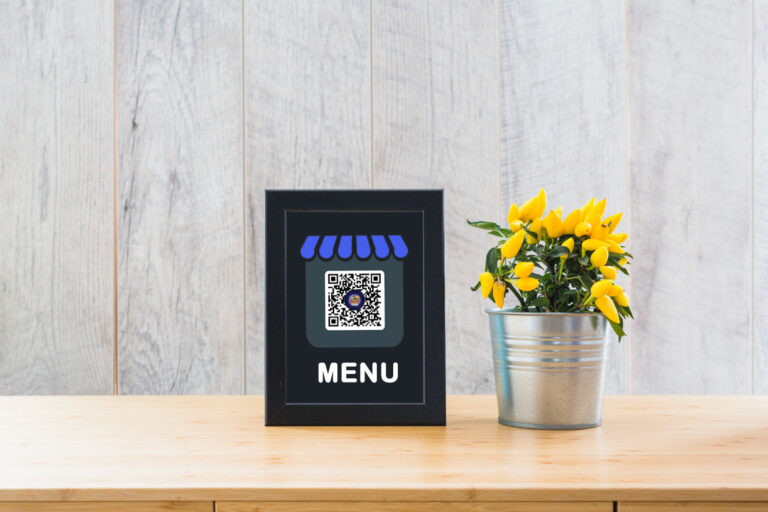Restaurant Management Software Sri Lanka: Simplifying Complex Operations
Running a restaurant goes far beyond cooking delicious food. It involves juggling multiple tasks: tracking inventory, managing staff schedules, processing orders, handling finances, marketing, and ensuring a fantastic customer experience. Doing this manually or with disparate systems can lead to inefficiencies and errors. That’s where restaurant management software comes in. This article dives into how integrated software helps Sri Lankan eateries streamline operations and boost profitability.

What Is Restaurant Management Software?
Restaurant management software is a comprehensive suite of tools that automates routine tasks and centralizes operational data. It goes beyond the capabilities of a standard POS system. With integrated modules for digital menus, ordering, kitchen display systems, inventory management, employee scheduling, payroll, customer relationship management (CRM), and analytics, it provides a 360-degree view of your restaurant’s performance. Such software enables owners and managers to make informed decisions and deliver consistent dining experiences.
Key Components and Benefits
1. Digital Menu and Online Ordering
A digital menu forms the front-end of your management system. It offers customers an intuitive interface to browse, customize, and order dishes. Orders are sent directly to the kitchen and POS, minimizing errors and speeding up service. As customers adopt contactless dining in Sri Lanka, providing an online ordering option is essential. It allows diners to place orders for dine-in, takeaway, or delivery without standing in line.
2. POS and Kitchen Display System
A modern POS integrates with the kitchen display to route orders efficiently. Once an order is placed, it appears on a screen in the kitchen, organized by preparation time or priority. Chefs know exactly what to prepare and when. The POS records sales data, including discounts and taxes, and helps reconcile cash and card transactions at the end of the day.
3. Inventory Management
Keeping track of ingredients manually often results in overbuying, waste, or sudden stock-outs. Inventory modules let you set par levels, receive low-stock alerts, and generate purchase orders automatically. They link with the POS to deduct ingredients as orders are placed, ensuring you always know your actual stock. This reduces wastage and helps forecast future demand.
4. Staff Scheduling and Payroll
Scheduling staff manually can lead to overstaffing or understaffing, both of which impact revenue. Management software offers scheduling tools that take into account your busiest hours, labor laws, and staff availability. It can even track tips and calculate wages, integrating with payroll systems to ensure timely and accurate payments. Employees can swap shifts or request leave through the platform, simplifying administrative tasks.
5. CRM and Loyalty Programs
Repeat customers are the lifeblood of any restaurant. A CRM module stores customer data such as order history, preferences, birthdays, and contact details. Use this information to send targeted promotions, personalize your service, and create loyalty programs that reward frequent diners. Automated marketing campaigns (via SMS or email) help retain customers and increase lifetime value.
6. Reporting and Analytics
Data is a powerful tool when used correctly. With centralized reporting, you can monitor sales trends, track best-selling dishes, compare day-to-day performance, and identify low-performing items. Profit and loss statements, tax summaries, and cost of goods sold (COGS) reports help you maintain financial health. Advanced analytics can even forecast demand based on historical data and seasonal trends.
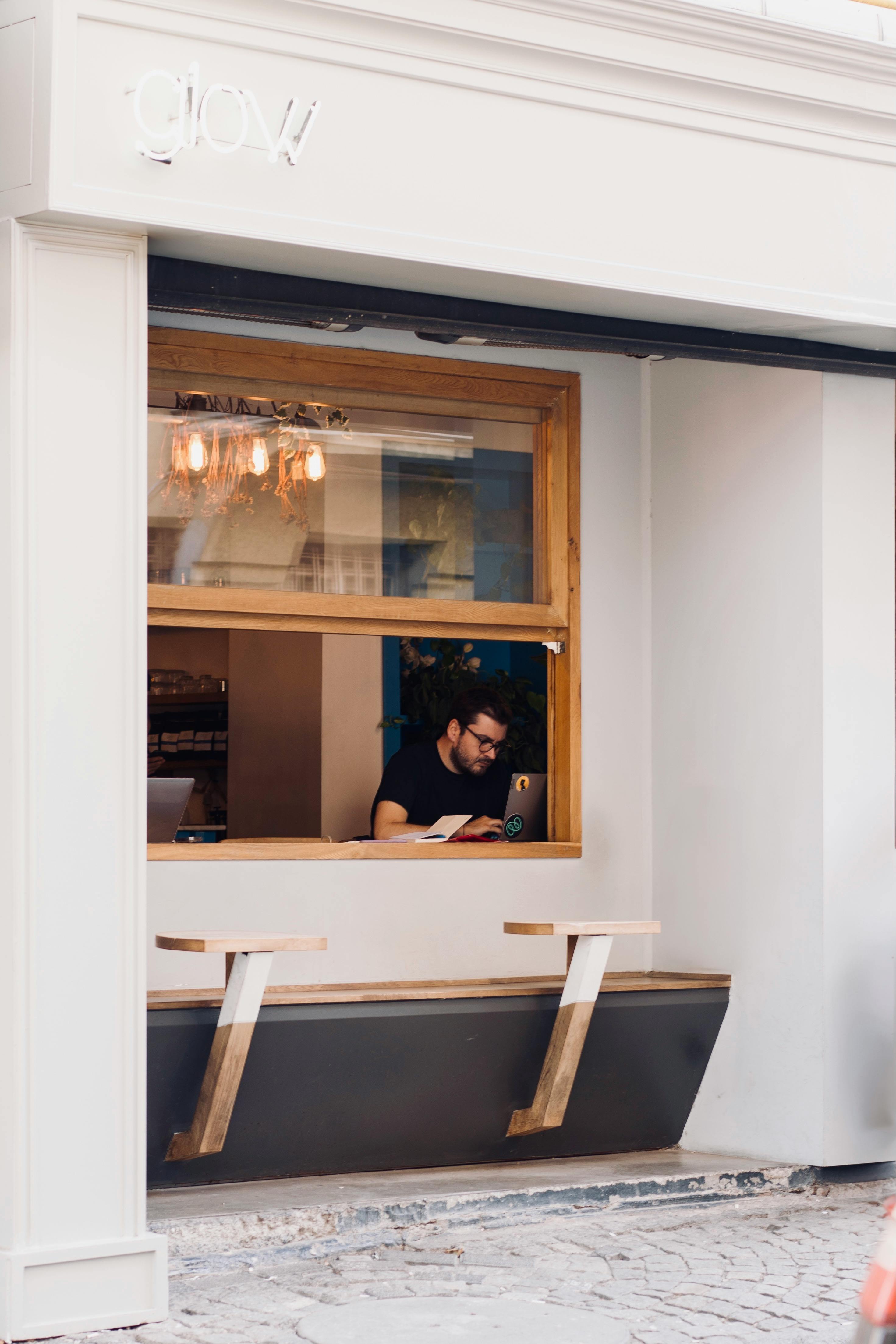
OrderNow: All-in-One Solution for Sri Lanka
OrderNow.lk is not just a digital menu provider. It is a complete restaurant management suite tailored to Sri Lankan businesses. Here’s how it covers all the bases:
- Digital Menus and QR Ordering: Provide customers with modern, contactless ordering in Sinhala, Tamil, and English.
- Integrated POS and Kitchen Display: Accept dine-in, takeaway, and delivery orders with seamless routing to kitchen stations.
- Inventory Control: Monitor ingredient usage and automatically update stock levels as orders are placed.
- CRM and Feedback: Collect feedback and build a database of loyal customers for targeted marketing campaigns.
- Analytics Dashboard: View real-time sales, labor costs, and popular items to optimize operations.
- Multiple Staff Logins: Grant permissions based on roles—managers, cashiers, kitchen staff, and marketing teams can access relevant features.
- Third-Party Integrations: Connect with payment gateways, accounting software, or delivery services for an end-to-end solution.
Implementing Restaurant Management Software
Step 1: Evaluate Your Needs and Budget
Determine what tasks you need to automate and how much you can invest. If you run a small eatery, you might start with a digital menu and POS integration. Large restaurants or franchises may need the full suite, including inventory, CRM, and advanced analytics.
Step 2: Plan a Rollout
Implement new software gradually. Begin with one module, such as digital ordering. Train staff thoroughly before adding inventory or scheduling features. This staged approach minimizes disruption and allows you to resolve issues early.
Step 3: Train Your Team
Provide hands-on training sessions and documentation. Empower employees to explore the software and ask questions. A well-trained team is essential to realize the benefits of management software.
Step 4: Monitor and Adjust
Use the reporting tools to track improvements and find areas for enhancement. If you see wastage levels falling or order errors decreasing, maintain those practices. If some features seem underutilized, ask staff for feedback and adjust.
Sri Lankan Context: Challenges and Opportunities
Many Sri Lankan restaurants are family-owned businesses that rely on manual processes or basic cash registers. Transitioning to digital systems may feel overwhelming. However, the benefits far outweigh the initial learning curve. The government is pushing for digital transformation across industries, and customers are increasingly comfortable with online payments. Moreover, Sri Lanka’s tourism market demands efficient service and multilingual support. Restaurants that embrace technology can expand their reach, boost revenue, and build loyal customer bases across local and international audiences.
Frequently Asked Questions
Is restaurant management software expensive?
The cost varies based on features and scale. OrderNow offers flexible pricing with packages suited for small eateries and large franchises. Consider the long-term savings in labor, inventory, and time when evaluating the cost.
Can I integrate the software with my existing POS?
Yes. OrderNow is designed to integrate with popular POS systems. If you currently use a separate POS, check with your provider for compatibility or opt for the integrated OrderNow POS module.
Do I need technical expertise to use it?
Not at all. OrderNow’s interface is user-friendly. Detailed tutorials and customer support help you navigate setup and daily operations. Staff training is crucial, but you don’t need a technical background to use the software effectively.
Will the software work offline?
An internet connection is required for real-time syncing, but some modules allow offline use and sync once connected again. However, continuous connectivity is ideal for a seamless experience.
What about data security?
OrderNow employs industry-standard encryption and secure cloud storage. Your data is protected from unauthorized access and backed up regularly.
Conclusion
Restaurant management software is the backbone of modern eateries. It consolidates tasks, automates repetitive processes, and provides insights that drive growth. In Sri Lanka’s competitive food industry, adopting such technology positions your business ahead of the curve. OrderNow.lk delivers a comprehensive, scalable solution tailored to the unique needs of Sri Lankan restaurants. From digital menus to CRM, you’ll have everything you need to delight diners and run a profitable operation.
Ready to streamline your restaurant? Sign up for OrderNow Today



